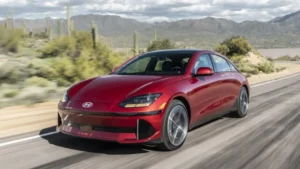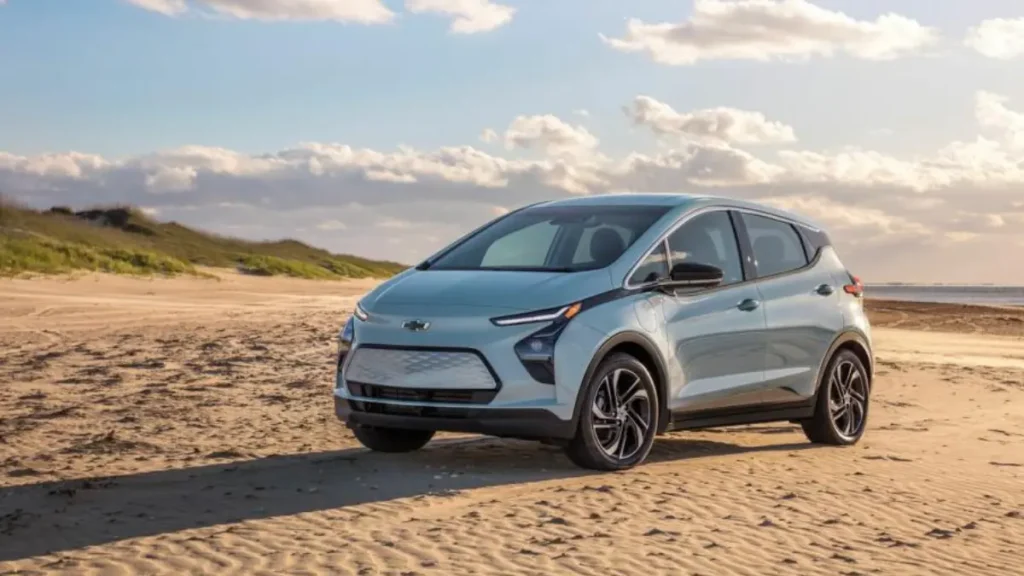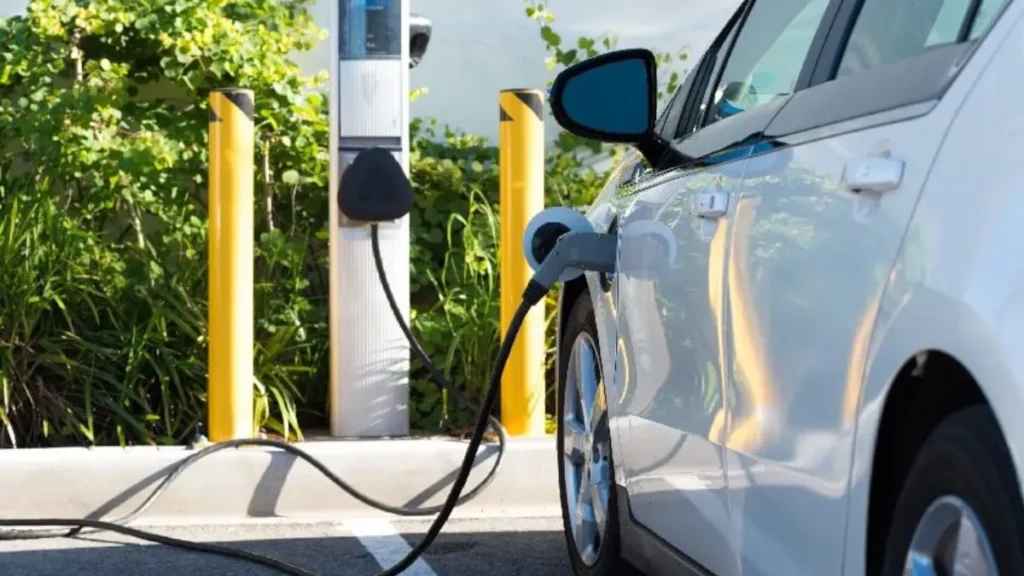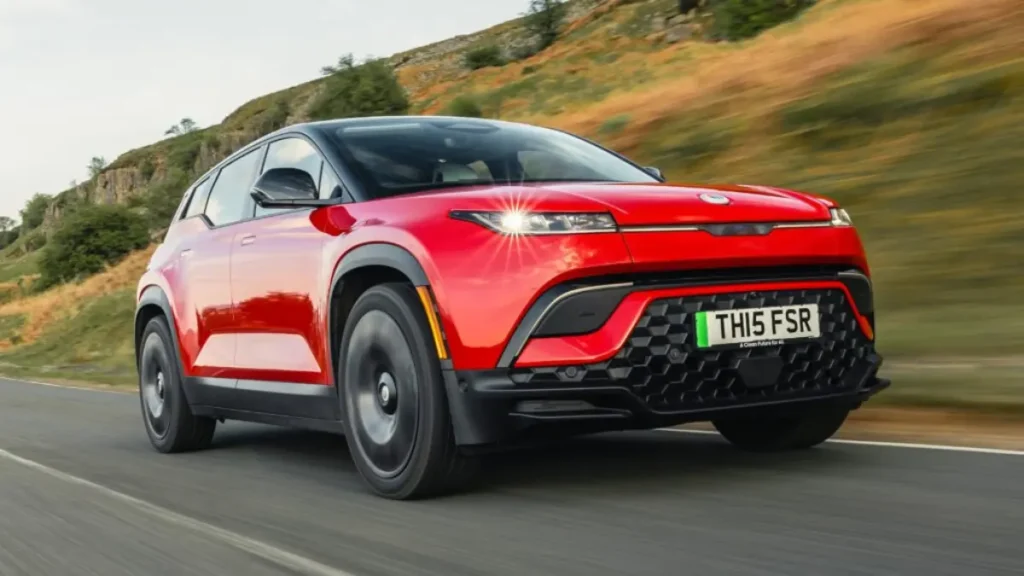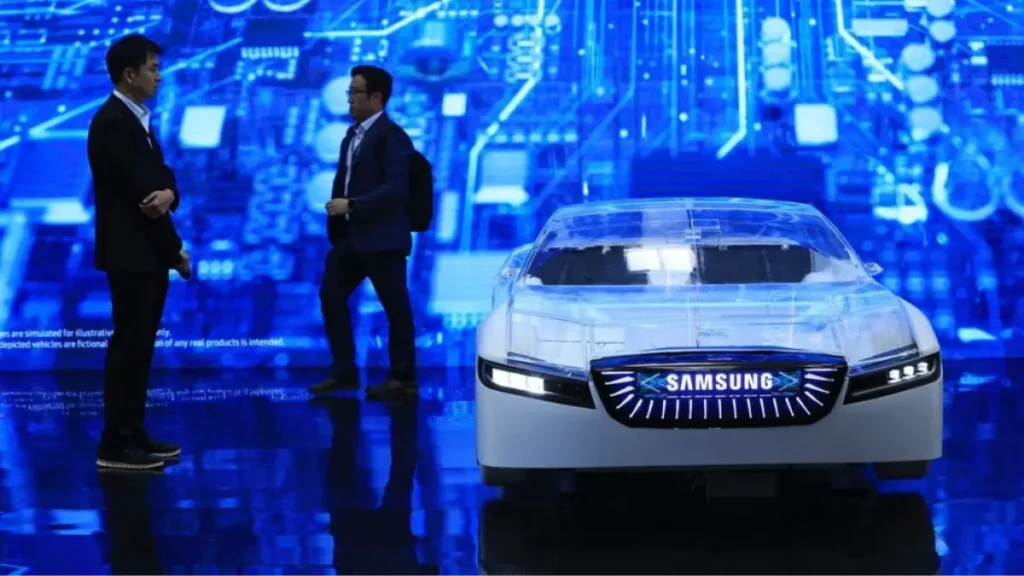Electric cars are no longer just a futuristic concept; they are becoming a viable and popular option for many drivers around the world. As technology advances and environmental concerns rise, more people are considering electric vehicles (EVs) for their next purchase.
However, understanding the cost of electric cars can be complex, involving more than just the purchase price. This article will explore the various factors influencing the cost of electric cars, from initial purchase to long-term expenses.
Initial Purchase Price
The initial cost of an electric car is often higher than that of a traditional internal combustion engine (ICE) vehicle. This higher price is mainly due to the expensive battery technology used in EVs. The cost of batteries has been decreasing over time, but it still represents a significant portion of the vehicle’s price. On average, electric cars can be $5,000 to $15,000 more expensive than their gasoline counterparts. However, this price gap is narrowing as technology improves and economies of scale are achieved.
The price of an electric car can vary significantly based on the make and model. High-end electric vehicles, such as those produced by Tesla or Lucid Motors, can cost upwards of $100,000, while more affordable options from manufacturers like Nissan or Chevrolet start around $30,000. Government incentives and rebates can also play a crucial role in reducing the initial purchase price. Many countries offer subsidies, tax credits, or rebates for purchasing electric cars, which can help offset the higher upfront cost.
Battery Costs
One of the key components that contribute to the cost of an electric car is the battery. Battery technology is crucial for determining the range and performance of an EV. The cost of batteries has been a major factor in the overall cost of electric cars, but advancements in technology are gradually making them more affordable.
Battery costs have decreased significantly over the past decade. In 2010, the cost of a lithium-ion battery pack was about $1,000 per kilowatt-hour (kWh). By 2023, this cost had dropped to around $130 per kWh. This decline is expected to continue as technology improves and production scales up. Despite this reduction, the cost of battery replacement remains a consideration for EV owners. Battery life typically ranges between 8 to 15 years, and replacement costs can be substantial, often ranging from $5,000 to $10,000 depending on the vehicle and battery size.
Charging Infrastructure
Charging infrastructure is another significant factor influencing the overall cost of owning an electric car. While public charging networks are expanding, the availability and convenience of charging stations can vary by location. In areas with limited charging infrastructure, installing a home charging station can be necessary. The cost of installing a Level 2 home charging unit typically ranges from $500 to $2,000, depending on the complexity of the installation and any required electrical upgrades.
Charging costs also vary depending on the location and type of charging station. Public fast chargers may have higher fees, while home charging is generally cheaper. The cost of electricity can impact the overall cost of charging an electric vehicle. In regions where electricity prices are high, charging an EV can be more expensive compared to areas with lower electricity rates.
Maintenance and Repairs
One of the advantages of electric cars is their lower maintenance requirements compared to traditional vehicles. EVs have fewer moving parts and do not require oil changes, which can result in lower maintenance costs. Additionally, electric cars often experience less wear and tear on components such as brakes, due to regenerative braking systems that reduce brake usage.
However, electric cars are not entirely maintenance-free. Components such as tires, suspension systems, and cabin filters still require regular maintenance. Additionally, while electric drivetrains are generally reliable, repairs can be more expensive due to the specialized nature of EV components and technology.
Fuel Savings
Electric cars offer significant savings on fuel costs compared to gasoline vehicles. The cost per mile for electricity is typically much lower than the cost per mile for gasoline. For example, the average cost of electricity in the United States is about $0.13 per kilowatt-hour, while the average cost of gasoline is approximately $3.50 per gallon. The cost of driving an electric car is often less than half the cost of driving a gasoline vehicle.
These savings can add up over time, especially for drivers who use their vehicles frequently. In addition, some electric car owners take advantage of lower off-peak electricity rates or participate in time-of-use pricing programs to further reduce their charging costs.
Depreciation
Depreciation is an important factor to consider when evaluating the cost of an electric car. Historically, electric vehicles have depreciated more quickly than traditional cars. This is partly due to the rapid advancement of technology, which can make older models seem outdated. Additionally, concerns about battery life and replacement costs can impact resale values.
However, the depreciation rate for electric cars is improving as the technology matures and becomes more mainstream. In recent years, certain electric vehicles have shown better resale values, partly due to increased demand and greater awareness of their benefits.
Insurance Costs
Insurance costs for electric vehicles can vary based on the make and model, but they are generally higher than for traditional vehicles. This is due to the higher repair and replacement costs for electric vehicle components, such as the battery and specialized parts. Additionally, some insurance companies offer discounts for electric vehicles due to their lower risk of accidents and lower likelihood of injury to occupants.
The cost of insuring an electric car can be influenced by factors such as the vehicle’s value, safety features, and the driver’s location and driving history. It’s essential to compare insurance quotes and consider these factors when budgeting for an electric vehicle.
Incentives and Tax Benefits
Government incentives and tax benefits can significantly reduce the overall cost of purchasing an electric car. Many countries offer subsidies, tax credits, or rebates for electric vehicle buyers. These incentives can vary widely based on the region and the specific policies in place.
In addition to federal incentives, some states or local governments offer additional benefits, such as rebates on home charging equipment, reduced registration fees, or access to carpool lanes. Researching available incentives and understanding the requirements for eligibility can help maximize savings when purchasing an electric vehicle.
Long-Term Cost Considerations
When evaluating the cost of an electric car, it’s important to consider both short-term and long-term expenses. While the initial purchase price may be higher, the long-term savings on fuel, maintenance, and potential incentives can offset the upfront costs.
Electric cars can offer significant savings over their lifetime, especially for drivers who put a lot of miles on their vehicles. Additionally, as technology continues to advance and economies of scale improve, the cost of electric cars is expected to decrease further, making them an even more attractive option for many consumers.
Conclusion
Understanding the cost of electric cars involves more than just looking at the initial purchase price. Factors such as battery costs, charging infrastructure, maintenance, fuel savings, depreciation, insurance, and available incentives all play a role in determining the overall cost of owning an electric vehicle.
